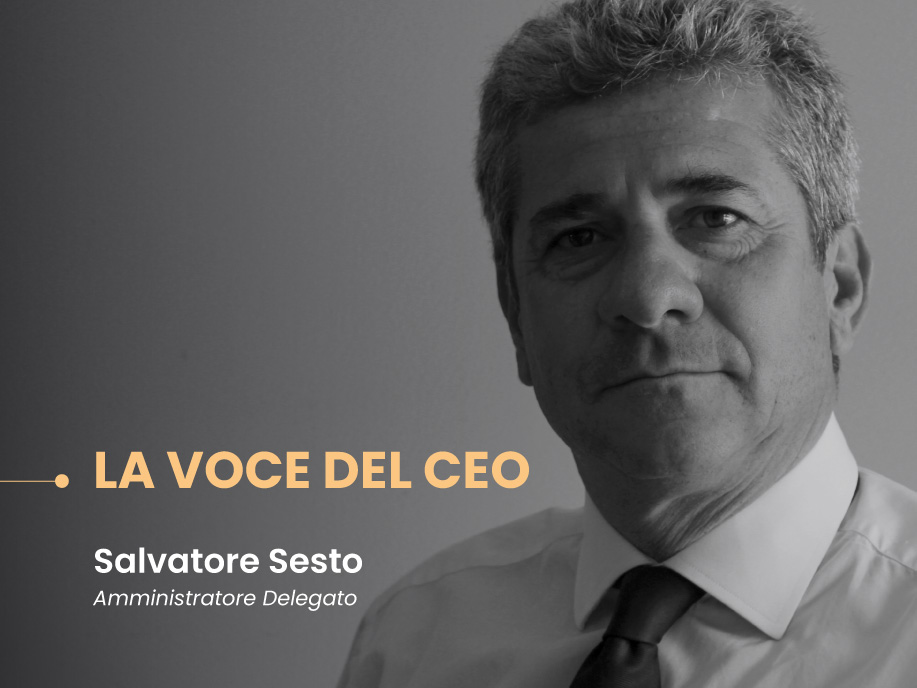The quality of a project, its long-term sustainability, and its ability to generate value all stem from decisions made at the earliest stages. Today, adopting an integrated perspective that aligns technical and financial dimensions is no longer optional; it is essential.
Yet in practice, fragmented decision-making remains common. Technical and economic assessments often proceed in parallel without alignment, leading to inefficiencies and delays in achieving project objectives.
We asked Engineer Sesto, CEO of Sci Value, to help us better understand the dynamics of a sector undergoing profound transformation, starting from the skills that are now truly strategic for facing the complexities of Real Estate.
“The construction sector requires integrated skills and careful management from the very beginning. In building restoration projects, effective management starts with a thorough document verification; in new projects, however, it is essential that the client’s mandate is clear and consistent from the start. The choice of materials and construction systems is also critical, especially in a context where innovation and industrialisation allow for the integration of design and production within a structured supply chain capable of generating quality and value.”
Analysing this constantly evolving scenario, Mr Sesto continues:
“In the last twenty years, the Real Estate sector has undergone a significant transformation, driven by the increasingly central role of real estate finance. The influx of new financial resources has facilitated the sector’s development, redefining operational logic and stimulating investments.”
In the construction sector, characterised by high complexity, it is essential to adopt an integrated approach and an overall vision. If management is based on a limited perspective, the project is exposed to inefficiencies and issues that can compromise the overall outcome. As Mr Sesto emphasises: “The lack of a systemic vision often leads to mistakes that jeopardise quality, timelines and budgets. It’s crucial to structure Project Management processes capable of guiding the entire path, both in design and execution. Without skilled leadership, there is a risk of failing to achieve the set objectives in every aspect.”
Understanding the importance of topics such as metrics and accurate cost estimation is essential in the real estate sector. It is from this awareness that innovation can arise. “From this information gap, we decided to develop specific services such as economic estimation and value engineering,” Mr Sesto explains. “Our proprietary RVE® (Reverse Value Engineering) method is now recognised and appreciated by a wide range of industry players.”
In a perspective of innovation, experimentation and anticipation of needs, process integration becomes indispensable. We asked Mr Sesto how this is achieved at Sci Value: “The RVE® method is at the heart of our operational approach, allowing for the synergistic integration of engineering expertise with effective process organisation. This enables us not only to resolve problems but especially to anticipate them, optimising time, costs and quality. Through this methodology, we can offer the client maximum value at every stage, from project to cost analysis to alternative choices between materials and construction systems, thus translating into a significant recovery of costs before tender processes.”



